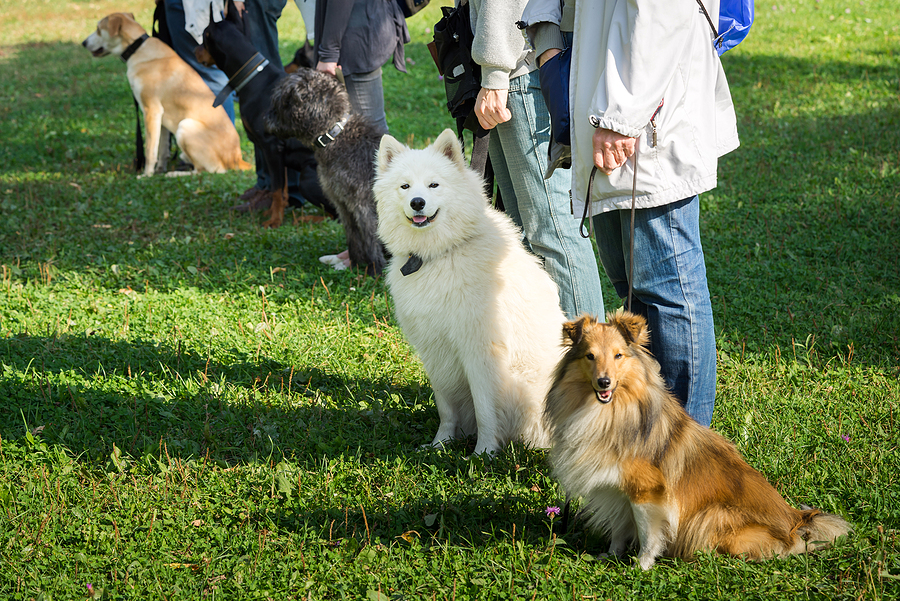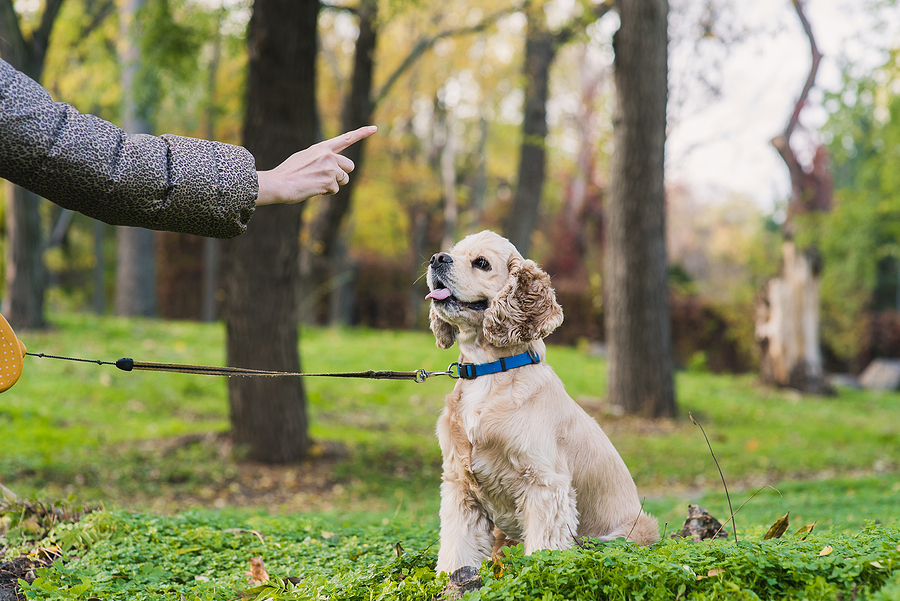Finding the right dog training program is important to every pet parent. Whether you have a playful puppy, an adult dog, a pet with behavioral issues, or a newly adopted shelter dog, the right training can make a big difference. Here are some things to consider when selecting the best dog training in Monmouth County, NJ, for your furry friend.
Understanding Your Dog’s Training Needs
Choosing the appropriate dog training program requires understanding your dog’s unique traits and learning style. Each dog has distinct characteristics and life experiences that shape their behavior and training response.
Dogs react differently to various training methods. Some excel in dynamic, activity-filled sessions, while others need a more gentle and patient approach. This difference in response depends on the dog’s disposition and life stage, from playful puppyhood to calm adult years, and even into their senior years, each requiring a different training strategy.
Professional trainers are essential in this process. They possess expertise in canine behavior and excel in identifying each dog’s unique needs, considering age, breed, temperament, and background. This enables them to create a tailored training plan that suits your dog’s individuality, ensuring not just learning but flourishing, gaining skills beneficial at home and in social environments.
Puppies: Laying the Foundation for Good Behavior
Puppyhood is the best time for setting the groundwork for good behavior.
Basic Commands: Start with simple commands like ‘sit,’ ‘stay,’ ‘come,’ and ‘heel.’ These are essential for their safety and your peace of mind.
Socialization: Introduce your puppy to various environments, people, and other dogs. Proper socialization reduces fear and aggression in dogs.
Potty Training: It is important to be consistent. Establish a routine and stick to it to help your puppy understand where and when to go.
Remember, positive reinforcement is highly effective at this stage. Treats, praises, and playtime can make training a fun and bonding experience for both of you.
Adult Dogs: Strengthening Obedience and Social Skills
With adult dogs, training often revolves around reinforcing what they’ve learned and filling any gaps.
Reinforcing Basic Commands: Even well-trained adult dogs can benefit from a refresher course in basic commands.
Addressing Training Gaps: Identify and work on areas that may have been overlooked during their puppy stage.
Social Skills: If your dog is shy or aggressive around others, socialization training can help. Group classes can be particularly beneficial for this.
Adult dog training can also be the time to introduce new skills or activities, like agility training or advanced commands, to keep their minds active and engaged.
Dogs with Behavioral Issues: Overcoming Challenges
Dogs with behavioral issues require a more nuanced approach.
Identifying the Cause: Understanding why your dog behaves a certain way is crucial. Is it anxiety, fear, aggression, or something else?
Behavior Modification Techniques: These may include desensitization, counterconditioning, or other professional methods to address specific issues.
Consistency and Patience: Behavioral training can be a slow process. Consistent effort and patience are crucial for success.
In some cases, consulting a professional dog behaviorist in Monmouth County is recommended to tailor a plan specific to your dog’s needs.
Shelter Dogs: Navigating Past Traumas with Compassion
Shelter dogs often come with a history.
Building Trust: Many shelter dogs have trust issues. Start with building a bond through gentle, consistent interactions.
Understanding Their Background: Try to get as much information as possible about their past, as it can be crucial in understanding their behavior.
Customized Training Plan: Depending on their experiences, shelter dogs often need a mix of basic and behavioral training.
Patience and a calm, loving environment can do wonders for shelter dogs. Remember, they might need more time to adjust and learn.

Effective Dog Training Techniques
The Role of Positive Reinforcement
Positive reinforcement is a highly effective training method. This approach involves rewarding your dog for good behavior. For instance, when your dog sits when asked, you should offer a treat or praise. This kind of reward makes your dog more likely to repeat the good behavior because they learn that it leads to positive outcomes. This technique helps teach your dog new commands and behaviors and strengthens your bond, creating a more enjoyable and trusting relationship.
Consistency is Key
One of the most important aspects of dog training is consistency. Stick to a regular training schedule and reinforce the same rules and commands. Dogs learn best through repetition and clear guidelines. If you’re inconsistent—like allowing your dog on the couch one day and scolding them for it the next—it can confuse them and make training more difficult.
Involving the Whole Family
Getting the whole family involved in the training process is beneficial. When everyone in the household uses the same commands and follows the same rules, it reinforces the training. This unified approach helps your dog understand that the expectations are the same, no matter who they interact with. Plus, it’s a great way for the family to bond over a shared responsibility and enjoy the progress together.
Understanding the Time and Commitment Required
Training a dog is not something that happens overnight. It requires both time and commitment. Set aside regular periods for training sessions and be patient as your dog learns at their own pace. As previously mentioned, be consistent without getting frustrated or losing patience. Remember, the effort put into training will be reflected in your dog’s behavior. The more time you dedicate to training, the better the results will be. Training should be a rewarding journey that enhances your relationship with your dog, leading to a well-behaved and happy pet.

Professional Dog Training in Monmouth County, NJ
With a focus on positive reinforcement and tailored training programs, Beau’s K9 Academy stands out as a reliable and professional choice for your dog training needs. We offer an extensive selection of training classes including basic training, board and train, behavior modification, and more. Whatever the challenges, we are equipped to successfully address them. Reach out today to get the best possible dog training in Monmouth County, NJ.

